Reflection makes men cowards
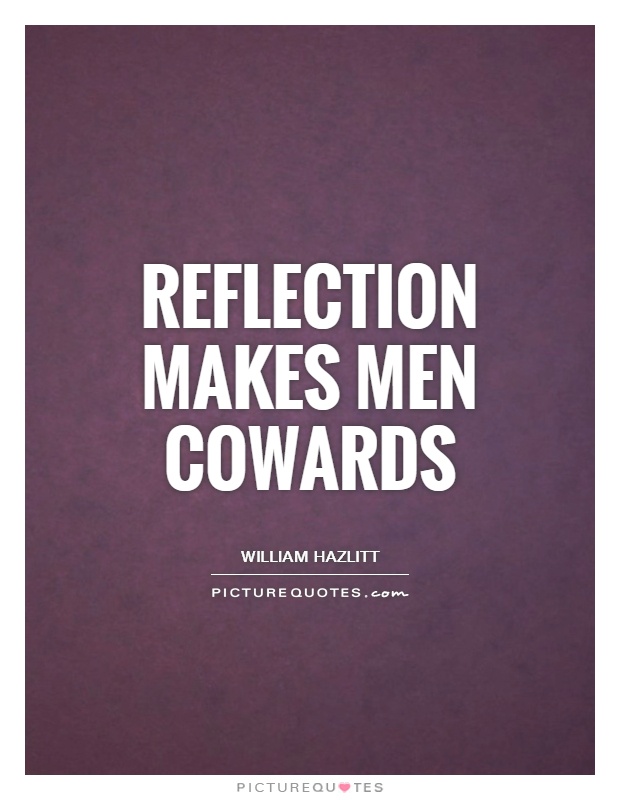
Reflection makes men cowards
William Hazlitt, a renowned English writer and philosopher, once famously said, "Reflection makes men cowards." This statement has been a subject of much debate and interpretation over the years, as it touches upon the complex relationship between introspection and action.Hazlitt's assertion can be understood in various ways. On one hand, it can be seen as a critique of excessive self-doubt and overthinking, which can paralyze individuals and prevent them from taking decisive action. When people spend too much time reflecting on their choices and potential outcomes, they may become overwhelmed by fear and uncertainty, leading them to avoid making any decisions at all. In this sense, reflection can indeed make men cowards by inhibiting their ability to act boldly and confidently.
On the other hand, Hazlitt's statement may also be interpreted as a call to action, urging individuals to trust their instincts and intuition rather than getting bogged down in endless contemplation. In this view, excessive reflection can be seen as a form of procrastination or avoidance, allowing individuals to delay making difficult decisions or confronting uncomfortable truths. By encouraging people to act swiftly and decisively, Hazlitt may be suggesting that courage lies in taking risks and embracing uncertainty, rather than seeking reassurance through endless reflection.


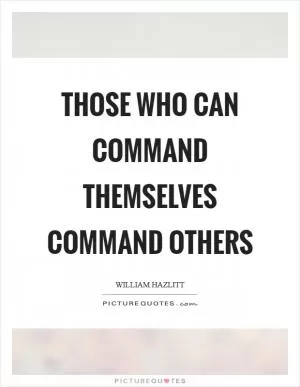

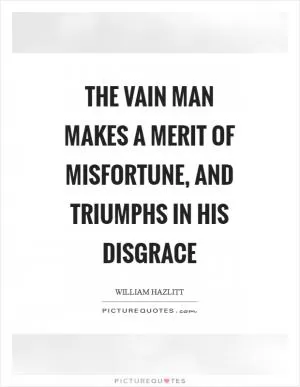
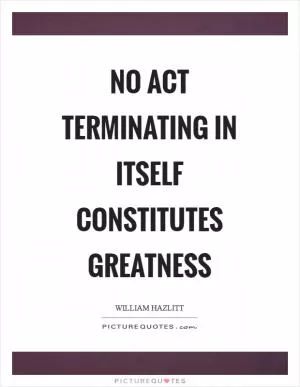
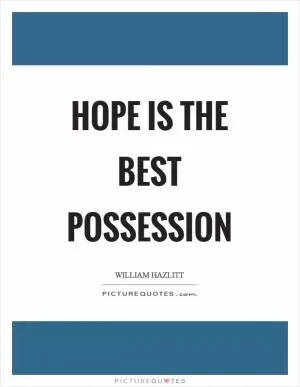
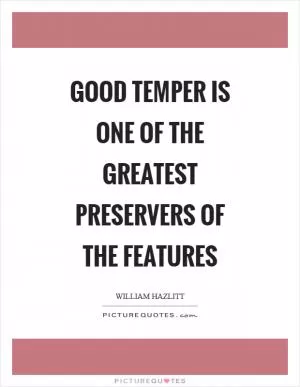
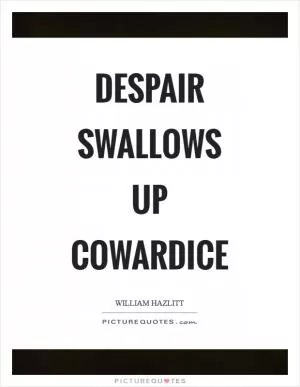
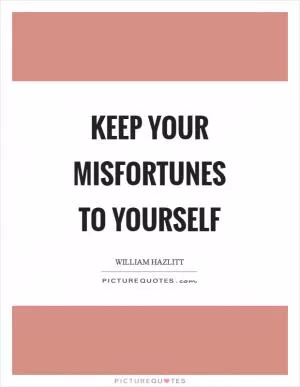
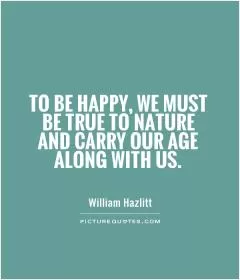
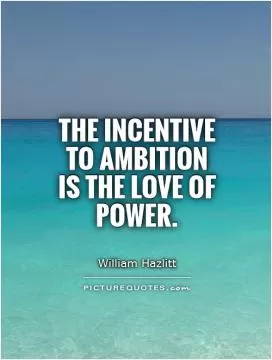
 Friendship Quotes
Friendship Quotes Love Quotes
Love Quotes Life Quotes
Life Quotes Funny Quotes
Funny Quotes Motivational Quotes
Motivational Quotes Inspirational Quotes
Inspirational Quotes